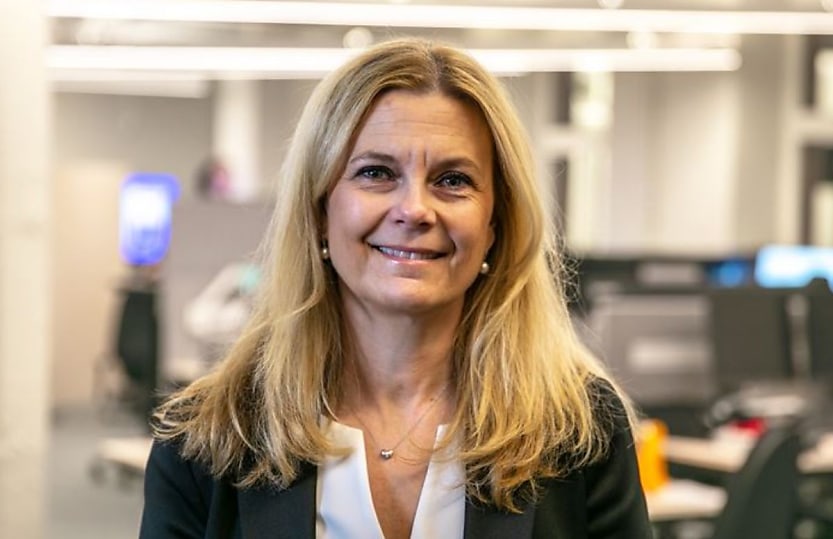'Behave more like men', why female CEOs fell by nearly a third this year

This year has seen a ‘dramatic’ decrease in the share of female CEOs, globally. Grant Thornton partner says female leaders are being forced out by economic uncertainties.
Last year, 28 per cent of CEOs globally were female, now they account for only 19 per cent. Over the same time, the proportion of female CFOs increased by one percentage point from 38 per cent to 39 per cent.
Overall, the share of women in senior management positions in mid-market businesses increased to 32 per cent – though only by half a percentage point.
“We have seen a dramatic decrease in the percentage of female CEOs this year, suggesting a shift away from women holding positions of real power within an organisation,” said Karitha Ericsson, global leader of network capability and culture at Grant Thornton.
In Australia, women hold 39 per cent of senior management roles and many hope new gender pay transparency measures will help to reach parity.
“As a country, Australia have been trailblazers in this area. We’ve been on a real journey and I think there has certainly been a mind shift here,” said Said Jahani, national managing partner at Grant Thornton.
The road into female leadership roles can often be far better paved than the road out. Maddie Wollerton Blanks, director of people consulting at Grant Thornton UK said gender pay gap reporting clarifies that women are underrepresented at middle-management.
“This lack of pipeline will likely mean that if a CEO leaves a position, a women won’t be coming up behind her to take that role,” said Wollerton Blanks.
In accounting for the drop in female CEOs, the report pointed to “significant” resignations at large corporates and mid-market. When asked why they resigned, they tended to cite public pressures, caring responsibilities, and a pressure to “behave more like men.”
Some believe that women have a harder time retaining leadership roles during times of economic crisis. One way this presents is through the so-called ‘glass cliff’, in which female leaders are ushered in to handle a clean-up job.
Other times, women are ousted to make way for a male based on certain presumptions around the style of leadership required to weather a turbulent time.
“When you have an uncertain economic situation, the number of female senior leaders drops because businesses think they need someone who is aggressive and assertive,” said Priyanka Gulati, partner in human capital consulting at Grant Thornton.
“Women are seen as more collaborative, and in times of crisis, that’s often not the management style business have turned to.”
According to Ericsson, people still expect different things from female leaders, globally.
“I think there are different expectations of female and male CEOS and, generally, it is more difficult for women to be perceived positively when they speak up or disagree,” said Ericsson.
“This could lead to the belief that female CEOs are not as clear and decisive – traits that are typically associated with male CEOs,” she added.
The research also found that businesses with more flexible working arrangements tend to have a higher proportion of women in senior management roles. It also stated, however, concerns that working from home might “hinder progression.”
Hybrid work arrangements can “create power differences” between in-office and remote employees, wrote Professor Martine Haas of the University of Pennsylvania.
Among the causes of this imbalance is a reduced access to mentorship when working remotely, assumptions about remote workers being less committed, and fewer opportunities to speak up when working from home, said Professor Haas.
Interestingly, firms with a DEI strategy and no ESG strategy enjoyed higher levels of female representation among senior leadership than did those with both kinds of strategies.
Research from Grant Thornton found that “psychologically-safe” workplaces – in which women feel more able to speak openly and honestly – are more conducive to female senior management.
“Our data from this year’s research indicates that the progress achieved so far on women in senior management is fragile,” said Ericsson.






